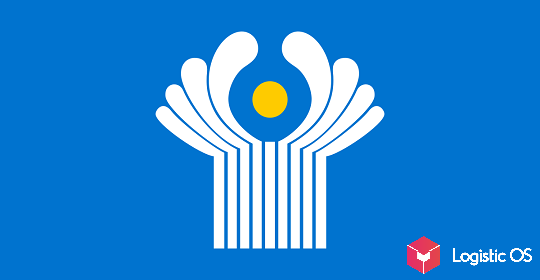April 6, the tender ended GASC (Egyptian Grain Agency). A total of 6 lots were exhibited, of which Russian exporters won as many as 5.
Within the framework of the tender, in general, 6 lots were drawn for the supply of 345 thousand tons of wheat to Egypt.
Of this volume, only 55 thousand tons will be supplied by Ukraine. The rest went to Russia.
Deliveries will need to be made from 1 to 10 August. Russian exporters already have a plan on how to do this:
110 thousand tons will be supplied by GTCS from the seaport of Tuapse.
120 thousand tons — Agro AST from Novorossiysk.
60 thousand tons — Grain Export from the same city.
The main reason for the victory of the Russian companies is, of course, that they were able to offer lower prices in the region of $ 227-234 per ton .
Romania, on the other hand, with a $ 243 bid, was among the losers.
It is noteworthy that the tender received bids from 15 companies from different countries, but in the end only 4 companies won (+ Ukrainian Olam).
According to the Chairman of the Board of the Union of Grain Exporters Eduard Zernin, this victory is a good signal for everyone.
It shows that Russian exporters, even «crushed by duties», retain their competitiveness and adapt to new conditions.
Why do exporters stop purchasing?
As we can see, they carry out sales, but most companies decided to postpone the purchase of grain from producers.
The main reason is the very duties. It seems that exporters are going to wait for a decline, and until then they do not plan to buy anything at all.
It is hoped that after the introduction of floating duties in June, the rate will be reduced to $ 21 per tonne (now it is $ 59 per tonne).
Experts warn that this situation creates risks:
— if you wait too long, you may not have time at all.
— grain reserves in Russia at the moment are far from endless, and it is still a long time before the next harvest.
— in a situation where there is no demand for a long time, and then it rises sharply, noticeable «price swings» are possible, and this is not at all desirable for the economy.
At the same time, there is an opinion that high duties have already been won back by exporters in price anyway. So they can even now make good profits from their work.

